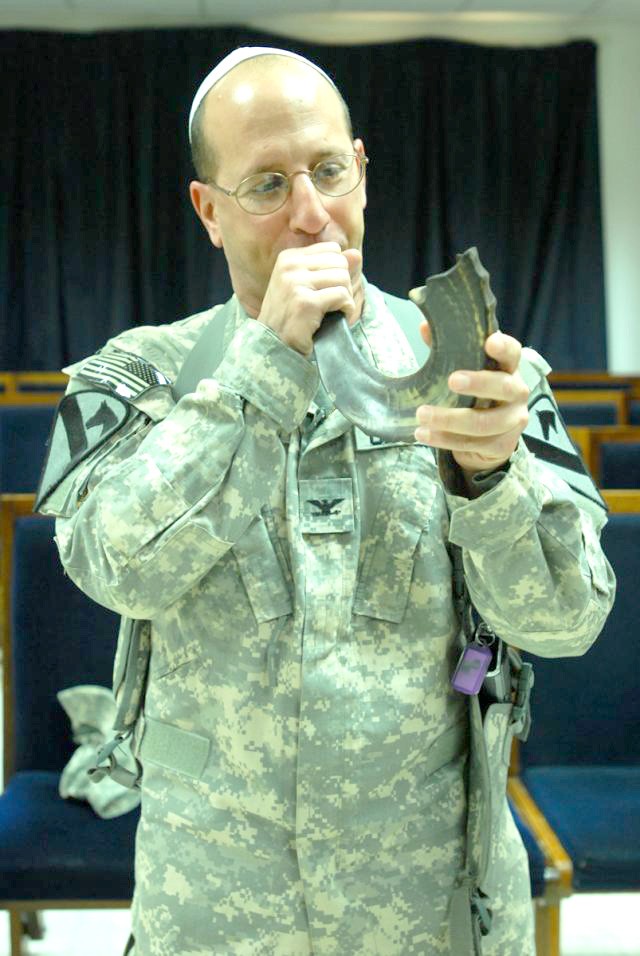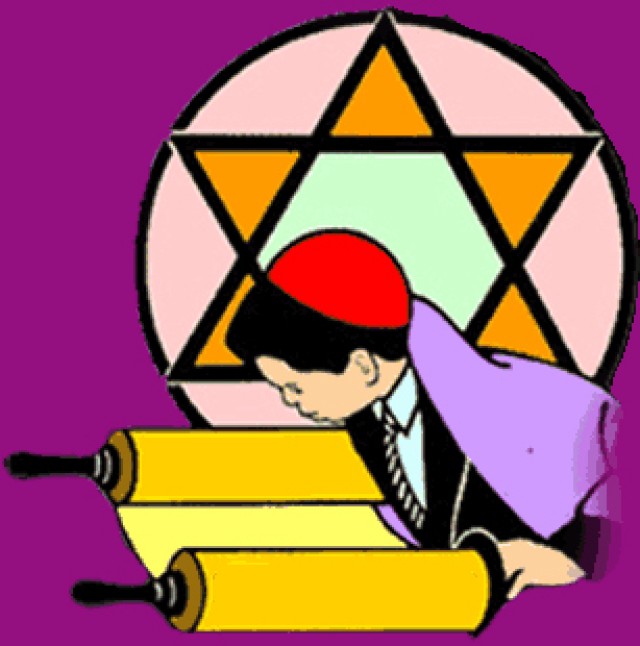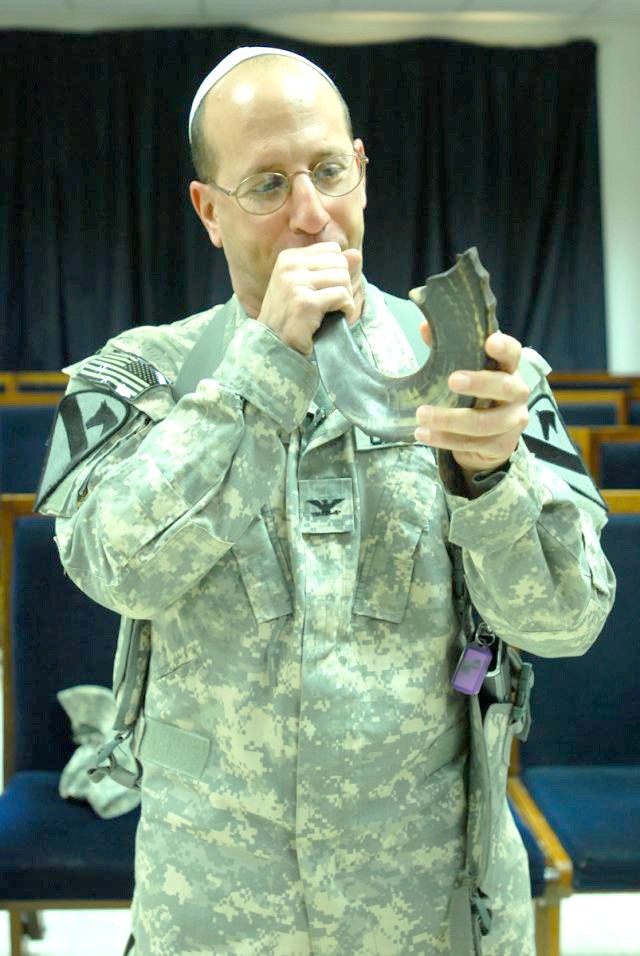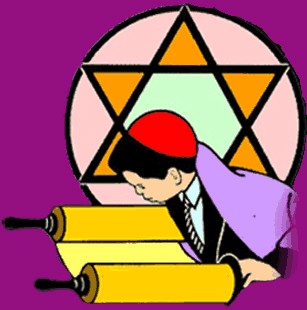The Jewish New Year period known as Rosh Hashanah will start on sundown Wednesday and continue for the following two days.
On the afternoon of the first day of Rosh Hashanah, a special service called Tashlikh is held near a body of running water.
It is customary for Jews in attendance to walk to a river or creek, preferably one with fish in it, and recite penitential prayers.
The essence of these prayers, according to Jewish religious text, are, "You will cast all your sins into the depths of the water and may you cast all the sins of your people, the House of Israel, into a place where they shall be no more remembered or visited or ever come to mind."
The Tashlikh is accompanied by an emptying of one's pockets or hems and a casting of bread crumbs into the water, which represents a symbolic casting off of sins and beginning afresh for the new biblical year. According to Jewish tradition, Rosh Hashanah also marks the start of a 10-day period of spiritual self-examination and repentance.
This period culminates with the observance of Yom Kippur (The Day of Atonement and is the holiest day of the Jewish year. Intensive prayer is the central mood of this day, with Jews giving acknowledgment of their belief in God's sovereignty over the world. The biblical precept most identified with Rosh Hashanah is the sounding of a ram's horn, known as the Shofar.
The sound of the horn has been regarded by Jews as a call to penitence and a reminder of the binding of Isaac according to Genesis 22 in the Torah.
The text describes Abraham's test of faithfulness to God, culminating in the substitution of a ram whose horns were caught in a bush as a sacrifice in place of his son, Isaac.
Jewish tradition also links the sounding of the Shofar to Jews' belief of God's revelation at Mount Sinai and to heralding a messianic period.




Social Sharing